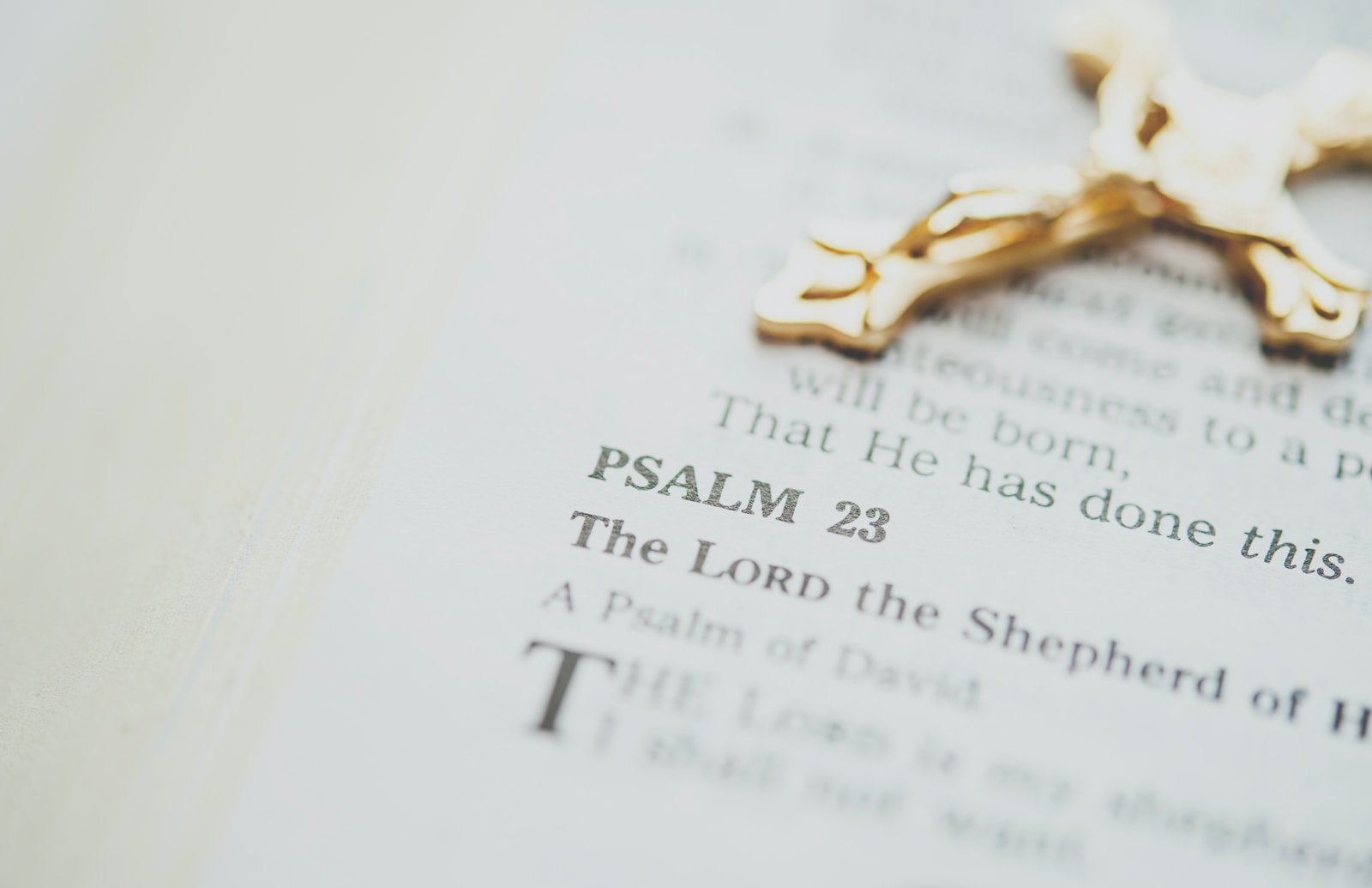When a loved one passes away, it’s a challenging time for families both emotionally and financially.
One of the significant expenses during this time is the cost of the funeral.
Many people wonder, “Will funeral homes accept payments?”
In this article, we’ll explore this question in detail, ensuring that the information is easy to understand.
Understanding Funeral Costs
Before we dive into payment options, it’s essential to understand what makes up the cost of a funeral.
Some common funeral and burial expenses that can include:
- Service Fees: This is the basic fee that funeral homes charge for their services.
- Transportation: Costs associated with moving the deceased from the place of death to the funeral home.
- Embalming: A process to preserve the body, especially if there’s a delay between death and the funeral.
- Casket or Urn: Depending on whether it’s a burial or cremation, you’ll need a casket or an urn.
- Burial Plot: A space in a cemetery where the deceased will be buried.
- Headstone or Marker: A stone that marks the burial spot with the deceased’s name and other details.
- Flowers and Decorations: These add to the ambiance of the funeral service.
- Miscellaneous: Other costs like obituary notices, printed programs, and more.

Do Funeral Homes Accept Payments?
The short answer is: Yes, many funeral homes do accept payments.
However, the way they handle payments can vary.
Here’s what you need to know:
- Payment Plans: Some funeral homes offer payment plans, allowing families to pay for the funeral over a set period. This can be helpful if you don’t have the full amount upfront.
- Down Payments: In some cases, funeral homes might ask for a portion of the total cost upfront, known as a down payment. The remaining amount can then be paid later or through a payment plan.
- Insurance Policies: If the deceased had a life insurance policy or a funeral insurance policy, some funeral homes will work directly with the insurance company. This means the insurance company will pay the funeral home directly, reducing the financial burden on the family.
- Credit Cards: Many funeral homes accept credit card payments. This can be useful if you want to spread the cost over several months. However, be mindful of interest rates.
- Government Assistance: In some regions, local governments offer financial assistance for funerals, especially if the deceased or their family has financial challenges. Funeral homes often know about these programs and can guide families on how to apply.
Things to Remember About Funeral Expenses
- Ask Questions: Always ask the funeral home about their payment options. Each funeral home is different, and it’s essential to understand what’s available.
- Get It In Writing: Once you agree on a payment plan or method, get everything in writing. This ensures there are no misunderstandings later.
- Stay Within Your Budget: Funerals can be expensive, but it’s crucial to stay within a budget you’re comfortable with. Remember, the most important thing is honoring your loved one, not how much you spend.
What is Pre-Planning Life Insurance Policy?
Pre-planning, also known as pre-arranging or pre-need or funeral planning only, refers to the process of making funeral arrangements in advance. This means deciding on the type of funeral you want and how it will be paid for before the need for final arrangements arises.

Benefits of Pre-Planning:
- Financial Security: By pre-planning, you can lock in current prices for funeral services, protecting yourself from future price increases.
- Peace of Mind: Knowing that everything is taken care of in advance can provide immense peace of mind to both the individual and their families.
- Personal Choices: Pre-planning allows you to make personal choices about your funeral, ensuring it reflects your wishes and preferences.
- Eases the Burden on Loved Ones: With everything decided and paid for in advance, families can focus on grieving and supporting each other rather than making challenging decisions during a time of loss.
The Role of Funeral Directors: Guiding Families Through Difficult Times
Who is a Funeral Director?
A Houston funeral director is a professional who manages all aspects of a funeral, from transporting and preparing the body to organizing the service and handling paperwork.
How Funeral Directors Assist Families:
- Guidance and Support: Funeral directors provide emotional support and guide families through the entire funeral process.
- Paperwork and Legalities: They handle necessary paperwork, such as death certificates and permits.
- Customized Services: Funeral directors help families personalize the funeral, ensuring it aligns with cultural, religious, and personal preferences.
- Resourceful Information: They can provide information on grief counseling, support groups, and other resources to help families cope.
Cultural and Religious Considerations in Funerals
The Importance of Traditions:
Every culture and religion has its own traditions and rituals associated grieving family members and with death and funerals. These practices are deeply rooted and have been passed down through family members for generations.
Common Cultural and Religious Practices:
- Wake or Viewing: In many cultures, there’s a tradition of holding a wake or viewing, allowing loved ones to say their final goodbyes.
- Ritual Washing: Some religions require the body to be washed in a specific manner before burial.
- Prayers and Chants: Religious scriptures or chants might be recited during the funeral service.
- Burial Practices: The direction in which the body is laid, the type of casket used, or the way the grave is dug can vary based on cultural and religious beliefs.

Working with Funeral Homes:
It’s essential to communicate any cultural or religious preferences to the funeral home. Most funeral directors are knowledgeable about different traditions and will ensure that all practices are respected and followed.
Conclusion
Losing a loved one is never easy, and worrying about funeral costs can add to the stress.
Thankfully, many funeral homes understand this and offer various payment options to help families during this challenging time.
Always communicate openly with the funeral home, ask questions, and ensure you’re informed about all available options.
Remember, the goal is to give your loved one a respectful farewell without causing undue financial strain.
With the right information and support, you can navigate this process with confidence.
Frequently Asked Questions (FAQ) about Funeral Homes and Their Services
1. What services and burial and life insurance policies do funeral homes provide?
- Funeral homes offer a range of services, including embalming, cremation, burial, memorial services, transportation of the deceased, and assistance with paperwork and legalities.
2. How much does life insurance company say a typical funeral cost?
- The cost of a funeral can vary widely based on factors like location, choice of services, and personal preferences. It’s best to consult with a funeral home for a detailed estimate.
3. Can I pre-plan my funeral?
- Yes, many funeral homes offer pre-planning services, allowing individuals to make arrangements and payments in advance.
4. What is the difference between traditional burial, and cremation?
- Burial involves placing the deceased’s body in a casket and burying it in a cemetery. Cremation, on the other hand, involves reducing the body to ashes using high heat, and the ashes are then stored in an urn or scattered based on the family’s wishes.
5. Do funeral homes offer a funeral payment plan for prepaid funeral plans only?
- Many funeral homes provide payment plans, allowing families to pay for services over time. It’s essential to discuss this with the funeral director to understand the available options.
6. Can I customize life insurance proceeds the pay for a funeral service?
- Absolutely. Funeral directors work closely with families to ensure the service reflects the deceased’s wishes and the family’s preferences, be it religious, cultural, or personal.
7. What should I do to raise money if I can’t afford a full prepaid funeral plan?
- Some funeral homes offer financial assistance or can guide families to local programs that help with funeral costs. It’s crucial to communicate your financial situation to the funeral director.
8. How soon after death should a funeral be held?
- The timing can vary based on cultural and religious beliefs, as well as logistical considerations. Typically, funerals are held within a week of death, but this can change based on individual circumstances.
9. What is embalming, and is it necessary?
- Embalming is a process that preserves the body, making it suitable for public viewing. It’s not always necessary, especially if the funeral is held shortly after death or if there’s no public viewing.
10. Can I hold a memorial service without a body present?
- Yes, memorial services can be held without the body. This is common in cases of cremation, where the ashes might be present instead of the body, or when the family chooses to have a private burial followed by a public memorial.
11. How do I choose a funeral home?
- It’s essential to consider factors like location, services offered, reputation, and cost. Recommendations from friends or family, online reviews, and consultations with funeral directors can help in making an informed decision.
12. What paperwork is involved in the funeral industry planning a funeral?
- Funeral directors assist with necessary paperwork, including death certificates, burial permits, and insurance claims. They’ll guide families through each step.

Could I plan my funeral and get on a monthly payment plan. So when I die my family will not have to pay the whole thing just what I own.